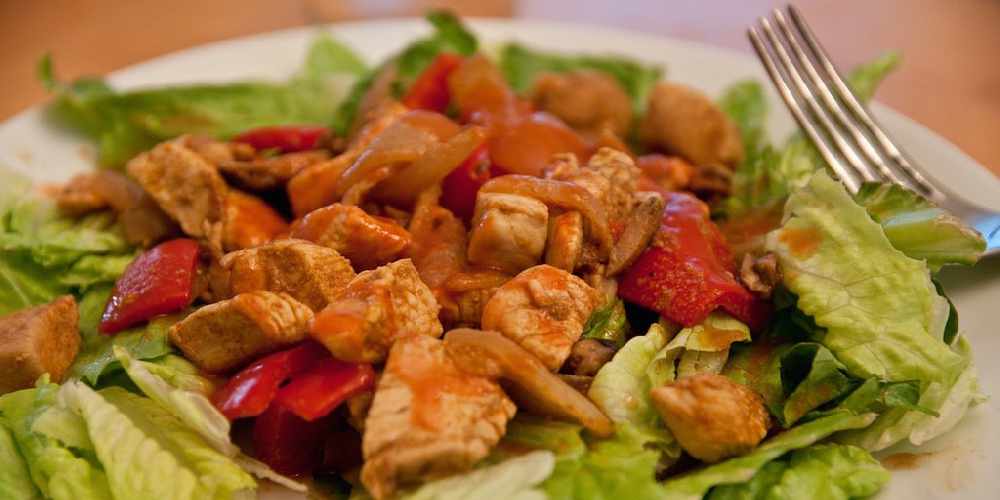
New research suggests post menopausal overweight women who eat a paleolithic diet can maintain weight loss and decrease their risk of diabetes and heart disease.
A research study conducted at Umeå University in Sweden found test subjects who ate a paleolithic diet when compared to those who ate a standard diet according to the countries nutrition recommendations were able to drastically improve their health.
“The results are remarkable. Despite giving the women free reign to an unlimited intake, the weight loss was stable after two years. A more significant fact than weight loss was the evident improvement in levels of fat in the blood, and signs of reduced inflammation,” said Caroline Blomquist, doctoral student at the Department of Public Health and Clinical Medicine at the university.
A paleolithic diet, popularly referred to as paleo, is characterised by a high intake of protein and unsaturated fats and has a low glycemic index.
The diet consists mainly of vegetables, lean meats, fish, poultry, eggs, shellfish, seeds, nuts, oils and fruit; avoiding cereals, milk, refined sugars and added salt.
Blomquist says despite the high proportion of unsaturated fats in the paleolithic diet the women on this diet had significant health improvements in comparison to those eating the nutritionally recommended diet.
Postmenopausal women have an increased risk of obesity, due in part to the reduction of oestrogen production in combination with an elevated energy intake and reduced physical activity.
The women in the study who ate a paleo diet lost more weight including a significant reduction in abdominal fat.
They also had evidently reduced levels of certain fatty acids and blood fats, reducing their risk of developing type 2 diabetes and cardiovascular disease.



 Postman injured in Wannanup crash
Postman injured in Wannanup crash
 Man charged after allegedly stealing service medals from Greenfields storage unit
Man charged after allegedly stealing service medals from Greenfields storage unit
 South West resort receptionist charged with 32 fraud offences
South West resort receptionist charged with 32 fraud offences
 Daughter of Port Kennedy hit-and-run victim pleads for offenders to hand themselves in
Daughter of Port Kennedy hit-and-run victim pleads for offenders to hand themselves in
 Concerns for missing woman last seen in Mandurah
Concerns for missing woman last seen in Mandurah
 Mandurah woman wanted for questioning over current investigation
Mandurah woman wanted for questioning over current investigation
 Investigation underway into Bunbury sexual assault
Investigation underway into Bunbury sexual assault
 Two motorcyclists seriously injured in separate crashes
Two motorcyclists seriously injured in separate crashes
 Miraculous escape for two men after plane goes down south of Mandurah
Miraculous escape for two men after plane goes down south of Mandurah